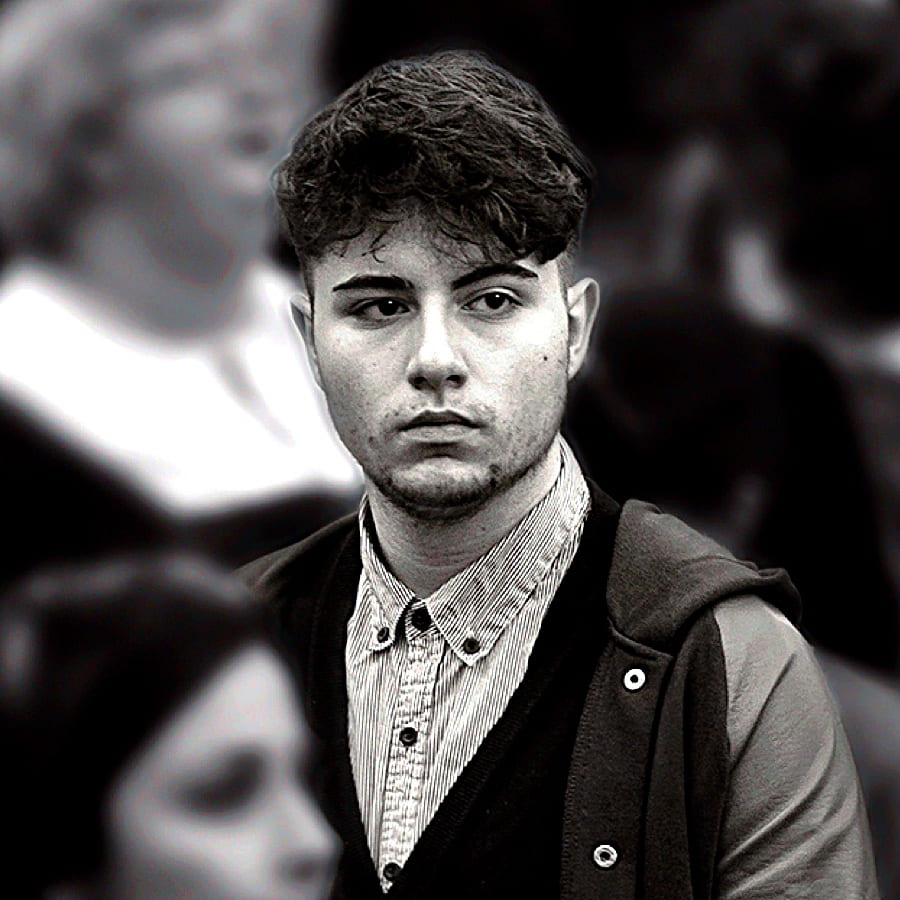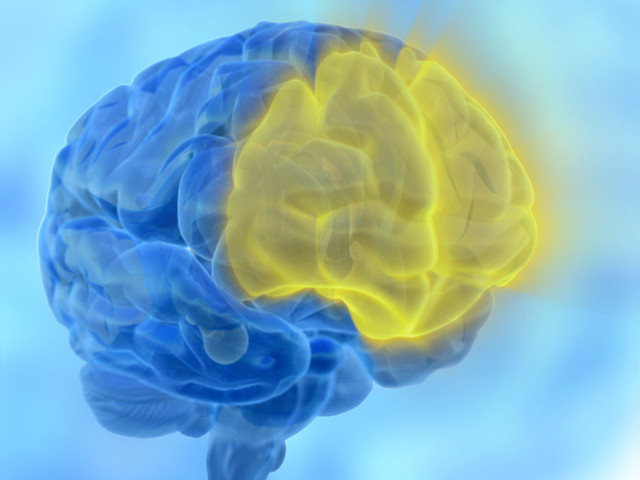
Déjà vu and you
By Moshe Jasper, Class of 2016

I remember the moment like it was yesterday. The busy bustle of the state library lawn. Trams clanging, pedestrians hurrying, uni students relaxing. A clear-skied, relaxing spring day. There I stood, gaping as an incredibly tall, slightly freaky activist literally jumped up and down on the spot in front of me, chanting about how “Help lost dogs! Give money to our shelter! Puppies! Of course you want to!”. Trying to edge away and return to a normal existence, and having him bounce after me.
Like I said, I remember it like it was yesterday.
The trouble is, I remember it twice.
In that moment of stress, an eerie sensation struck my mind. “You’ve been here before”… all of a sudden, time rolled back, and there I stood, in the near but far past, listening to the exact same words, feeling the exact sense of my personal space being threatened.
Later, I wracked my brain to work out what had happened. Coincidence? Or déjà vu?
You know, the feeling that you have already experienced something before when you haven’t. What causes it?
In The Matrix, déjà vu represents a glitch, one that “happens when they change something”. Scientists see deja vu as something of a glitch as well, only one that occurs in our heads. Let’s see how it plays out in my brain that afternoon.
As I stroll down the street, neurons are firing, electricity potentials are changing, and somewhere within the cells and connections of my brain, the memories of what I am seeing are being encoded. This process probably isn’t just happening inside one system, one hard-drive in my brain. There are multiple processing systems going on, processing, comparing, and storing what I see, what I hear, what I touch in different ways throughout the brain. What colour was the hair of the girl I bump into as I cross the street? Well, I don’t know any more. That memory has been erased, like most of the things I’ve seen in my life. But some moments stick. Like the guy who accosts me as I linger just a little too long near the tram stop. All of a sudden, I’m no longer seeing. I’m observing. Processes associated with short term memory are giving way to something a little more focused. My working memory is kicking in.

One key area associate with this process is the frontal lobe, particularly the prefrontal cortex, though other areas are used as well. This area of the brain is also involved in trying to predict how things are going to turn out, as well as in making decisions about helpful and unhelpful reactions. You can see why a little memory would come in handy here. I have choices to make. Is this guy going to decide that saving lost dogs is so important that he should just steal my money for the cause? If I say no, will people think that I am a terrible person? Why am I so short? To come up with sensible answers, my brain needs to compare the situation to other situations. And so special circuits are keeping newly minted memories of what’s going on in readiness. Given enough time, memory networks centred around the prefrontal cortex will be consolidated into long-term memories, like the one I have of my high school results. These are built up in the medial temporal lobe, further back in the brain, and also compared to other memories. My rhinal cortex, a small region of the temporal lobe, is one part of the brain responsible for processing the familiarity of a new event. Yes, I’ve tasted coke before. Nope, nothing quite matches the smell of that deodorant. Who is this guy?
But something goes wrong. Maybe it’s the stress I’m under. Maybe memory recall from a past event has gone awry. There’s a glitch in my mental matrix. I’ve been here before.
There are a couple of ideas out there about how this might have come about. Perhaps the short term memory was accidentally encoded into a long-term memory area? Perhaps the rhinal cortex over-processed the event and sent back a ‘familiar’ sign? Scientists aren’t yet sure. If the latter, déjà vu might show that our brains don’t so much remember things in a pure way as strip them down to some essentials and reconstruct them. If you’ve ever learned a musical instrument, you see something similar happening. The composer imagines a beautiful and complicated song, but when they write it down in musical notation, a lot of the complex nuances are left out. It is then the performer’s job to reconstruct these nuances as they play the work at a concert. In a similar way, our brains when recalling old memories might read a few sparse notes and perform the rest of the details back to us. But in doing this, they might inadvertently change the notes used to record the memory themselves. Over time if this happened, a memory could morph into something quite different from what it originally was. Something that feels a lot like me, standing in a street, listening to an enthusiastic but slightly threatening person.

It’s been a few years and the details have faded, but the weirdness of standing in the same place, wondering if I actually was standing in the same place, has stayed with me. Maybe you’ve had a similar experience. There’s a heap we don’t know about déjà vu yet, but one thing is pretty clear. Our brains aren’t always the castles of perfection we imagine them to be. Our reality, our memories, are a little more bent than we might have guessed. We are limited. And a little bit awesome. Next time you see the same cat walk past fifty times in a row, think about the wonderful machinery in your brain, and how cool it is that it works most of the time.